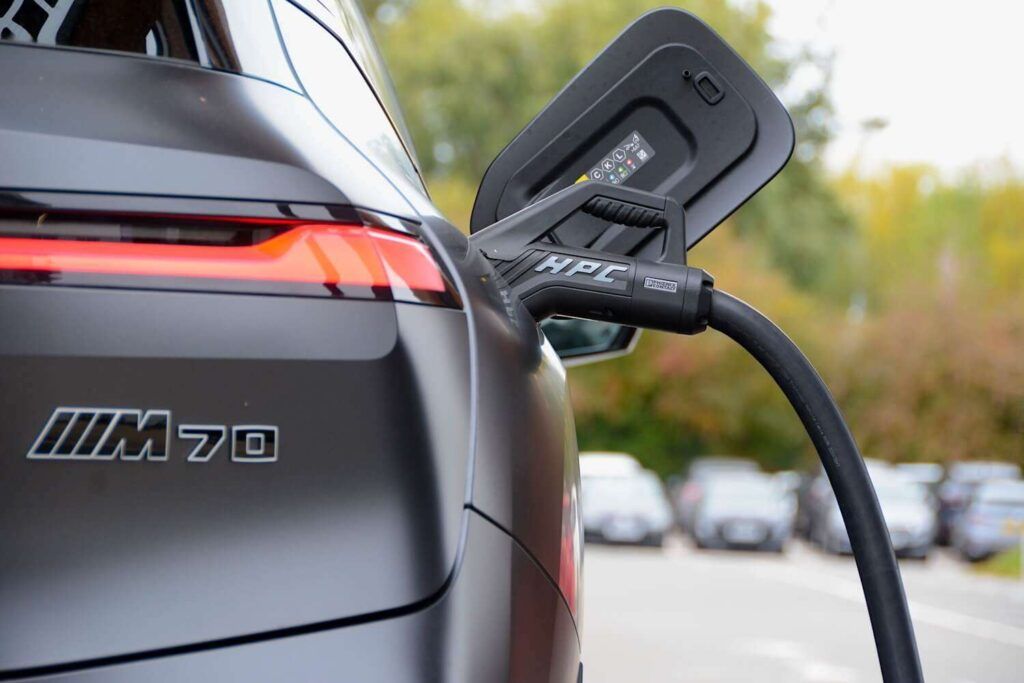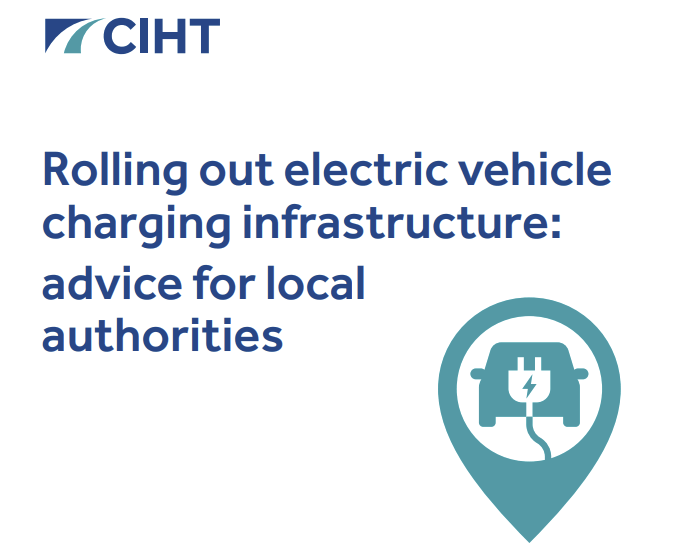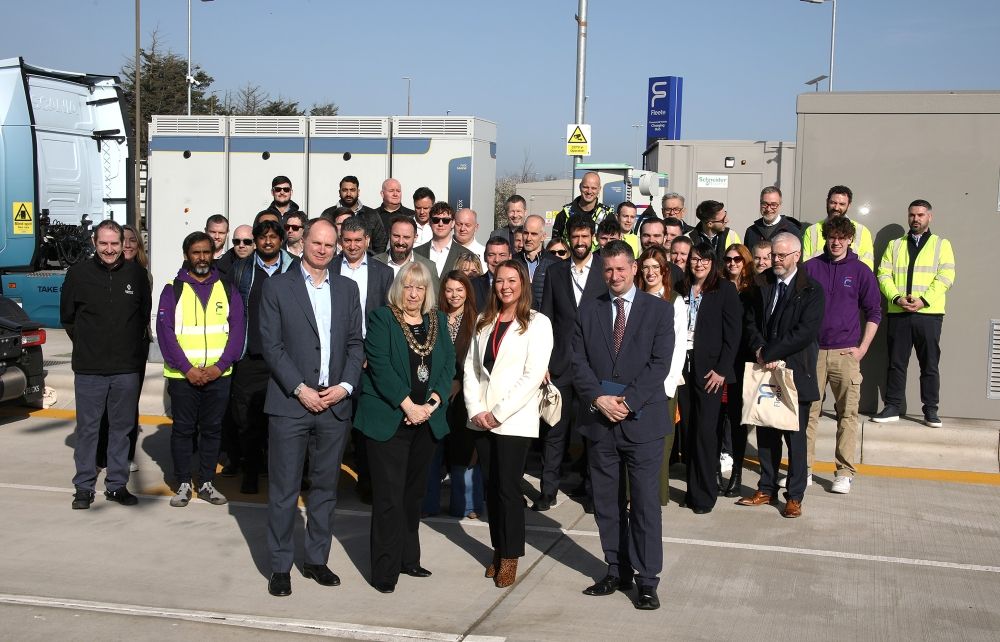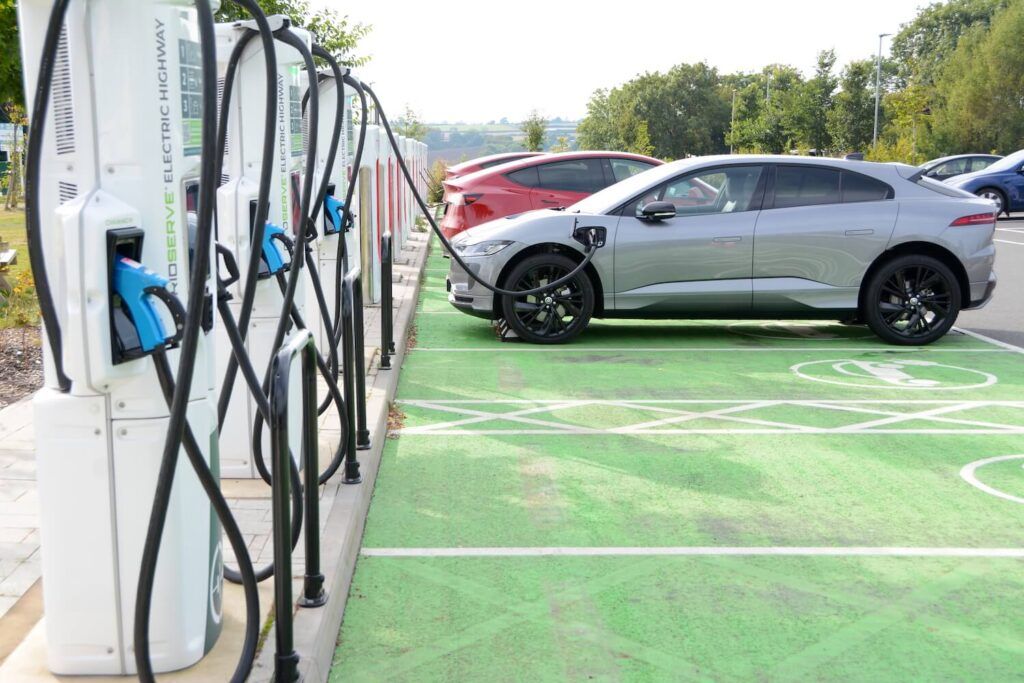Britishvolt and strategic partner Glencore have agreed to build a battery recycling ecosystem in the UK – with a new facility expected to process a minimum of 10,000 tonnes of lithium-ion batteries per year.
The joint venture will develop a world-leading ecosystem for battery recycling in the UK with the new recycling plant located at the Britannia Refined Metals operation (BRM – located in Northfleet), a Glencore company. BRM will continue with its current production and trading operations.
The project sees a return to recycling for BRM, securing existing jobs and creating new ones. Once complete, the plant will be Glencore and Britishvolt’s first battery recycling facility in the UK with an expected processing capacity of a minimum of 10,000 tonnes of lithium-ion batteries per year, including but not limited to valuable battery manufacturing scrap, portable electronics batteries and full EV packs. The facility will process all Britishvolt’s valuable battery manufacturing scrap from their Gigafactory in Blyth.
The facility is expected to be operational by mid- 2023 with the long-term aim of being 100% powered by renewable energy. The partnership will also look to develop other recycling activities such as black mass refining into battery grade raw materials.
The JV will leverage Glencore’s multi-decade recycling experience across end of life materials such as discarded electronics, copper and alloy scraps and black mass. Both companies believe that battery recycling will form a key part of the energy transition, efficiently recovering the critical metals needed for the energy transition. The bold aim is to help support the creation of a genuinely circular economy that supplies recycled materials and minerals back into the battery supply chain.
Minister for Investment Lord Grimstone said: “Gigafactories are a critical part of our transition to a cleaner automotive future, but so too is ensuring sustainability across the entire supply chain and lifespan of electric vehicles. This collaboration will help to develop an ecosystem for the recycling of batteries and critical minerals that will be essential as we electrify our automotive sector and build back greener.”
Timon Orlob, Global Chief Operating Officer, Britishvolt: “This exciting project adds much to our existing relationship with Glencore supplying Britishvolt with responsibly-sourced cobalt. Recycling is key to a successful energy transition and has always been a major part of Britishvolt business model. We’ve been looking for the perfect partner to help kick start a UK battery recycling industry and FTSE100-listed Glencore has expert historical experience in recycling. This JV will help us both to create a truly sustainable battery value-chain, create jobs and develop new battery recycling technologies. Both Britishvolt and Glencore are fully committed to reducing carbon across the supply chain.”
David Brocas, Head Cobalt Trader at Glencore, commented: “We are excited to deepen our partnership with Britishvolt. Both companies are united in their ambition to further the energy and mobility transition. Glencore has decades of recycling experience across multiple disciplines (e-waste/copper scrap/battery). This recycling partnership complements our long-term supply agreement for responsible cobalt from our operations in Norway and the Democratic Republic of Congo. We believe the opportunity to utilise BRM’s operations as a cutting-edge battery recycling facility will help support the development of a UK battery recycling industry. It will also play a part in furthering the UK’s climate ambitions as well as Glencore’s as we work towards net zero total emissions by 2050.”
The partnership also aims to research how to make the recycling of EV batteries easier and more cost effective, maximising their supply chain value and to influence legislation, including increasing regulation of recycling and ESG requirements.
It will also allow Britishvolt to assist its OEM customers on their path to sustainability, by offering hedging opportunities against swings in raw materials prices.
Britishvolt’s Gigaplant will create thousands of highly-skilled jobs, regenerating a site that was previously home to the UK’s largest coal-fired power station.
According to the Faraday Institution although large amounts of lithium-ion battery packs will be available for recycling from around 2028, there are no substantial recycling facilities currently in the UK. Many UK manufacturers currently export used batteries to European facilities for recycling. Greenpeace data also suggests that around 12.85 million tons of EV lithium-ion batteries will go offline between 2021 and 2030. End of life EV batteries will become a valuable part of the battery supply chain and could further the creation of high-tech UK jobs.
Image: Shutterstock.












